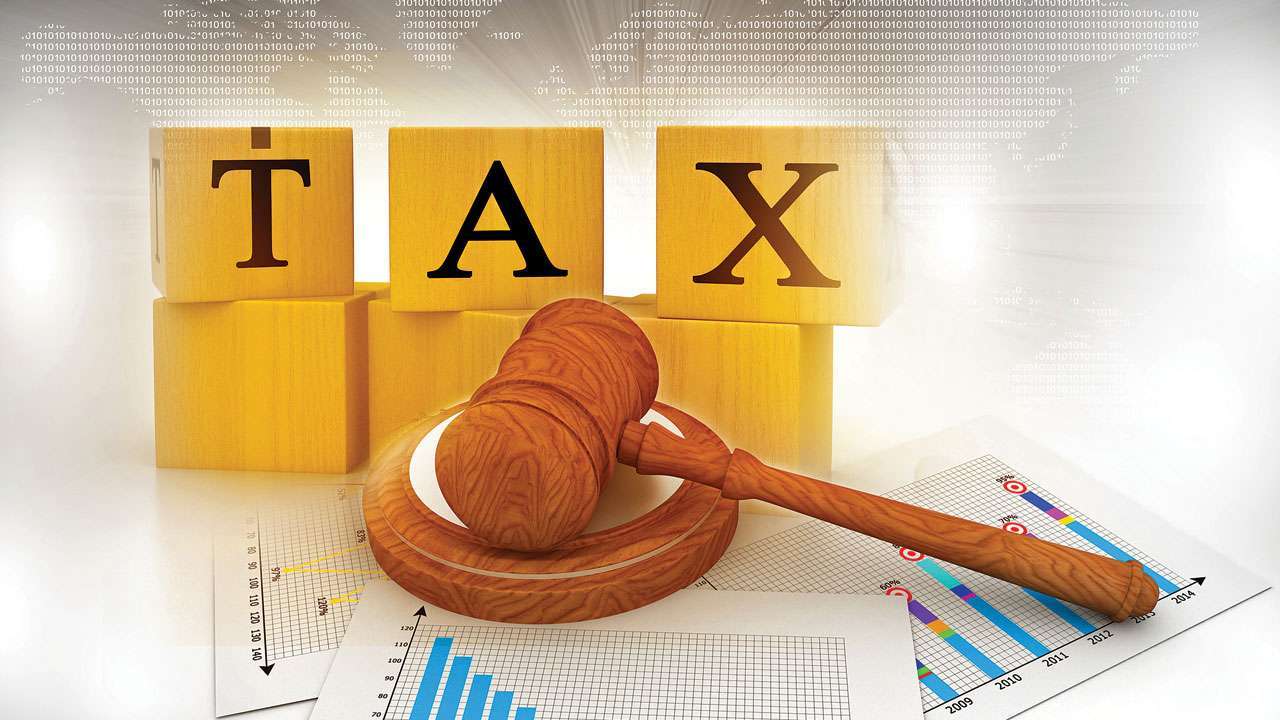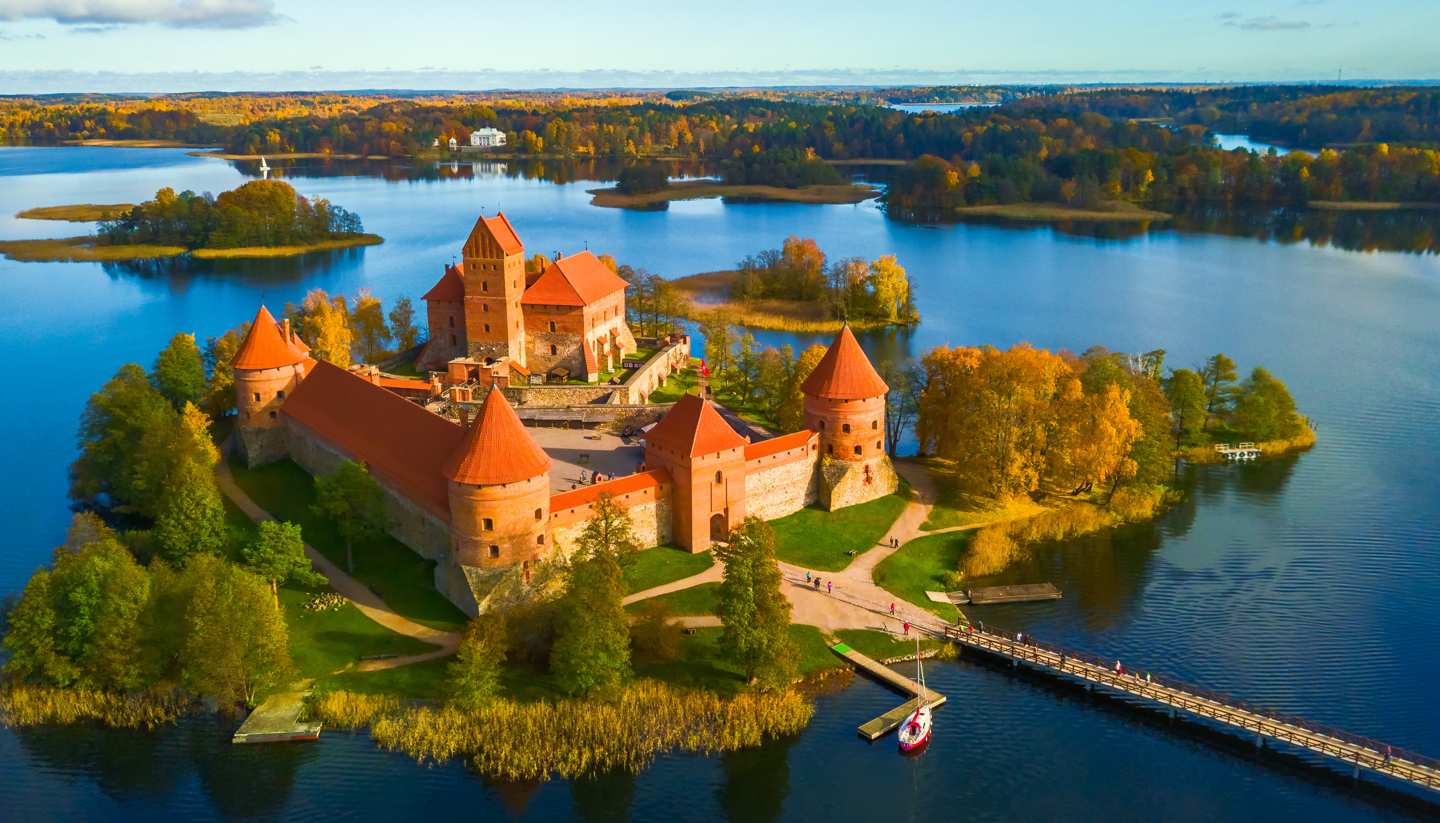Tax Rates: Countries with The Highest Family Income and Single Tax Rates in 2020!

Countries with the Highest Family Income and Single Tax Rates
On the off chance that you could live in any other country on the planet, wouldn’t you need to know about the potential income taxes you are supposed to pay before moving and how that is compared with the U.S. tax rates?

However, that’s not the only question you need to know the answers about. Your status of single or married is additionally a factor in figuring out which areas may have the most noteworthy income taxes. Furthermore, the nations with the most noteworthy taxes on big-time salaries are Slovenia, Belgium, Sweden, Finland, and Portugal. They are generally not the same as the nations with the most noteworthy highest taxes on average income earners.
Having kids additionally can have any effect. Denmark has a portion of the world’s most elevated income taxation procedures on single and hitched residents. Yet, the other top four nations in every one of the two classifications are entirely extraordinary. However, they’re all in Europe.
This article revolves around the taxes you could expect, contingent upon whether you are single or hitched. This information (the latest accessible from 2019) comes from the Organization for Economic Co-activity and Development (OECD), a discussion that permits governments from 37 progressed and agricultural nations worldwide — 25 of which are in Europe—to cooperate toward individuals’ financial and social prosperity.
Nations With the Highest Income Tax for Single People
Let’s understand the nations with the most elevated, highest all-in average personal income tax rates at the average wage for a single individual with no kids. The best five are Germany (39.3%), Belgium (39.3%), Lithuania (36.1%), Denmark (35.6%), and Slovenia (34.5%).
Germany
Germany has a reformist tax, which implies that higher-pay people pay more charges than lower-pay people. The nation requires a reformist pay and capital duty that covers out at 45%.4 Sources of available income incorporate horticulture, ranger service, business possession, independent work, work, reserve funds and ventures, investment property, capital increases, and other pay. On account of the saver’s stipend, the first €801 in quite a while and speculation pay are not taxed.5 There is a 25% retention charge on revenue and profits and a 15% retention charge on standings.

Individuals from specific churches pay an 8% or 9% church charge, which is charged deductible. Church charges are exacted in numerous European nations. At times, just church individuals are needed to pay a level of pay to the congregation to which they have a place; in others, all citizens make good on a congregation burden however have the alternative of paying it to the state rather than to a strict association.
The pay of up to €9,408 is viewed as an individual remittance and isn’t taxed. Other allowances incorporate a level of commitments to a legal annuity protection plan; medical coverage charges; personal mishap, life, joblessness, and incapacity protection expenses; gifts to enrolled noble cause; and up to €6,000 every year in preparing for a future calling.
Belgium
Belgium’s top progressive tax rate is half. Pay from the property, work, speculations, and different sources is all available. Capital increases charge rates rely upon the kind of capital. Representatives pay a government-managed retirement assessment of 13.07% of their pay. The public authority permits derivations for operational expense, social commitments, and 80% of support installments, and there is an individual stipend dependent on documenting status.

Lithuania
Lithuania’s estimates its pay workers at rates that top out at 32%. Available pay incorporates business, business exercises, sovereignties, renting resources, and “other.” Income inconsequential to work—including eminences, premium, and additions from the property offer—is charged at a tax of 15% or 20%, as are capital increases. Profits are dependent upon an assessment tax of 15%. There is no retention charge charged on revenue except if the person being referred to isn’t a Lithuania resident, where case the rate is 15%.

Denmark
Denmark’s progressive annual taxes finishes out at 55.9%. The Danes pay an 8% Danish work market commitment charge, an 8% medical care charge, 22.8% to 27.8% in civil duties, the government managed retirement expenses of 1,135.8 kr. ($167.06) every year, and capital additions expenses of 27% or 42%. There is a retention duty of 27% on profits and 22% on sovereignties.

Work pay, rewards, incidental advantages, business pay, charges, benefits, annuities, government-backed retirement benefits, profits, premium, capital increases, and land rental payments are all taxable. There is likewise an intentional church duty of 0.39% to 1.3%.
Duty derivations are accessible for restricted commitments to endorsed Danish benefits, joblessness protection, interest on the obligation, beneficent gifts, unreimbursed work travel, and twofold family units.
Slovenia
Slovenia collects an individual personal tax that goes from 16% to half. Residents are taxed on their overall pay, while non-inhabitants will have their Slovenia-sourced pay burdened. Six sorts of installments are dependent upon tax assessment: work; business; farming and ranger service; lease and eminences; profits, premium, capital increases; and “other.” Certain business exercises are just charged at a tax of 20%. A retention expense of 27.5% is demanded against profits, premium, and rental pay.

Capital increases are at first charged at a charge of 27.5%, which will be decreased to 20% should the resource being referred to be held for at any rate five years. This rate diminishes by a further 5% at regular intervals until the resource has been held for a very long time, after which it will be absolved from tax assessment. As it may, capital increases gained through subsidiaries are dependent upon a 40% rate whenever discarded during the main year. This rate will likewise go down over the long haul.
The two eminences and expenses for specialized administrations are dependent upon a 25% assessment rate. This will be supplanted with a reformist individual duty rate if they are charged as a focus of a person’s work pay.
How the U.S. Impose Charges
The United States comes in at 24% in this classification of normal acquiring singles without any kids, giving it the 24th most high tax rate. The nations with the most reduced holding nothing back normal individual personal duty charges on single individuals without any children are Chile (7%), Mexico (10.8%), and Korea (15.3%).
Nations With the Highest Income Tax for Married People
For families with two kids, the nations with the most noteworthy normal individual annual taxes are different. Lithuania (27.7%) and Denmark (25.2%) make the main five in both this classification and the single-without kids. Close to Lithuania and Denmark, Turkey (26.5%), Finland (24.7%), and the Netherlands (24.2%) are in the main five.

Lithuania
Here is some information about taxation in Lithuania and the details in the taxes for single people section above. Residents are taxed on their worldwide income, while non-residents are subject to a tax on their Lithuanian-sourced income and income from activities conducted through a fixed base in Lithuania. Lithuania residents are permitted an annual tax excluded amount up to €4,200, which diminishes as their salary rises, up to €31,990. Consumers also pay value-added taxes on most goods and services at a rate of 21%.

Turkey
Turkey’s annual tax rates range from 15% to 35%. Turkey demands personal tax on business, horticultural, and proficient exercises; pay rates and wages; pay from enduring property; profits, premium, and eminences; and other pay, including capital additions. Allowances are accessible for clinical and instructive costs, annuity and private medical coverage costs, and individual gifts.

Denmark
Since we talked about Denmark’s tax rates in the prior section, here are some extra data about Denmark’s tax collection. Residents pay charges on overall pay, and life partners must document independently. Capital additions on a home deal are regularly charge released. Most citizens get an individual recompense worth 46,200 kr. ($6,802.22) and work remittance. People make good on property expenses, and anybody other than a life partner who gets a legacy settles a legacy charge. Buyers additionally pay admiration added charges on most products and enterprises at a tax of 25%.

Finland
Finland charges its pay workers at reformist rates that top out at 31.25%. People pay social protection commitments and a public telecom charge. Finland demands personal tax on pay allowances, wages, annuities, and social services, just as capital pay from speculations. Procured pay is dependent upon public assessments, metropolitan charges, and church charges.

The Netherlands
The Netherlands sorts all earning as coming from one of three divisions:
- Compensations, salaries, and wages in kind, annuities, and homeownership pay
- Venture pay from generous business possessions
- Reserve funds and speculation pay

Every division has its allowances and duty rates, and general tax breaks apply to overall gain after the three kinds are totaled. Income is charged at reformist taxes of 37.35 to 49.5%. The government managed retirement charges are remembered for these rates. Married couples must record except if they have sought legal separation, and some unmarried couples should likewise document mutually.
U.S. Tax Rate for Married Couples
The United States comes in at 12.2% in this group, giving it the 25th most noteworthy tax rate. The nations with the least holding nothing back average individual personal tax rates on married single-worker couples with two kids are the Czech Republic (1.8%), Canada (2.4%), and Estonia (2.9%). There’s a significant dissimilarity between the most noteworthy and least annual taxation rates among OECD nations.
Personal taxation rates shift such a great amount by the nation on account of the rates at which every nation finances social protection programs, for example, mature age benefits and medical care. In certain nations, for example, the Netherlands, social protection charges are fundamentally higher than essential annual expenses.
Every nation gives various degrees of advantages to its residents, and people get various profits for the totals they pay into social protection programs dependent on close to home variables like pay, age, and wellbeing status.
Various nations put citizens into various sections depending on their pay level, conjugal status, and the number of wards. Because a nation has a particularly high or low generally speaking annual expense rate doesn’t disclose to you much about how you would admission to that nation with all the conditions that make up your exceptional circumstance.




